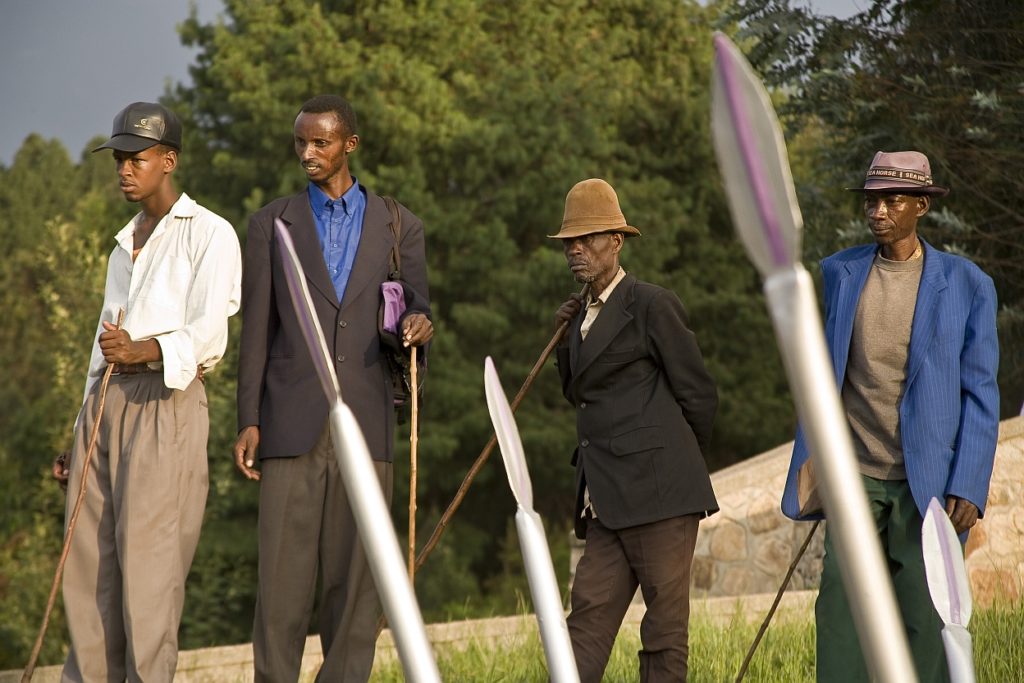
The evidence of Survivors Fund (SURF) is featured in the House of Commons Foreign Affairs Committee Third Report of Session 2012 – 2013 of The FCO’s human rights work in 2011 (pages 156 – 160).
Our response (which can be downloaded in full here) relates specifically to the content of the 2011 Report on Human Rights and Democracy, in particular as it pertains to omissions relating to issues of justice for survivors of the genocide in Rwanda. In summary:
- Survivors Fund (SURF) applauds the fact that “the UK is increasing its aid to Rwanda”, though we call on the FCO to support the Government of Rwanda in assisting genocide survivors, a particularly vulnerable and marginalised population in Rwanda, in particular in enforcing their right to reparation;
- Survivors Fund (SURF) challenges the assertion that the UN International Criminal Tribunal for Rwanda (ICTR) is “bringing justice to the Rwandan people.” The survivor’s organisations we represent, assert that the ICTR has failed resolutely to deliver restorative justice to survivors of the genocide in the form of reparation and we call on the FCO to work to address this shortcoming;
- The FCO’s failure to extradite suspected perpetrators of human rights abuses during the genocide living in the UK, or to prosecute them through UK Courts, is undermining the goal of ensuring that the UK is not a safe haven for such suspects;
- These failures detract from and undermine the FCO’s positive work.
In light of the current debate as to whether aid to Rwanda should be withdrawn due to the Government’s alleged involvement in the DRC, and the issues raised about its human rights record as reported by Human Rights Watch in its submission of evidence, the position of Survivors Fund (SRUF) is that what is most critical is that any decision that is taken does not impact on the many vulnerable people in Rwanda that benefit from that aid, including genocide survivors, whether channelled through the Government of Rwanda, or NGOs such as Survivors Fund (SURF).

